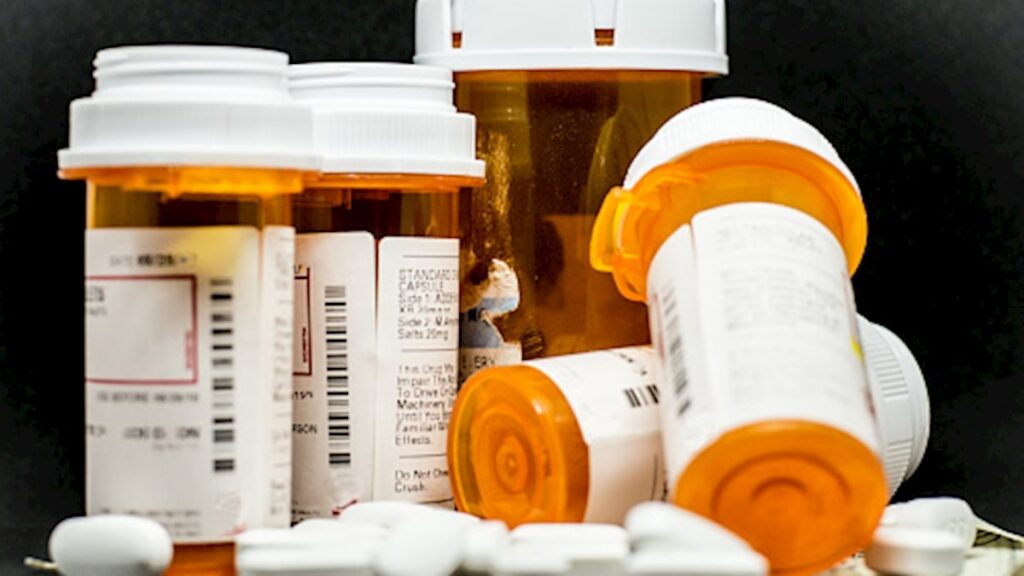The U.S. Department of Health and Human Services’ Health Resources and Services Administration announced $4,404,303 in awards to rural communities in West Virginia on Thursday.
“We designed this program to really help rural communities get this kind of support they need to expand access to opioid use disorder treatment, to address the critical needs of families, who are struggling with addiction issues to focus on prevention, treatment and recovery,” Carole Johnson, the administrator of the Health Resources and Services Administration of the U.S. Health Resources and Services Administration said.
These investments aim to expand access to medication to treat opioid use disorder and prevent and address neonatal exposure.
- Expanding Access to Medication to Treat Opioid Use Disorder: $2,000,000 will support two awards to rural communities to establish treatment sites for individuals to access medications to treat opioid use disorder. The use of medication to manage opioid use disorder is the standard of care, but not always readily available.
- Preventing and Addressing Neonatal Exposure: $2,404,303 will support five awards to develop and implement interventions in rural communities to prevent, treat and care for opioid exposed infants by focusing on systems of care, family supports, and social determinants of health.
Award recipients include the Marshall University Research Corporation, the West Virginia School of Osteopathic Medicine Clinic, Inc., Community Care of West Virginia, Inc., the Logan County Commission, Southern Highlands Community Mental Health Center, Inc., West Virginia Perinatal Partnership Inc., and the West Virginia University Research Corporation.
Appalachia Health News is a project of West Virginia Public Broadcasting with support from Charleston Area Medical Center and Marshall Health.






















